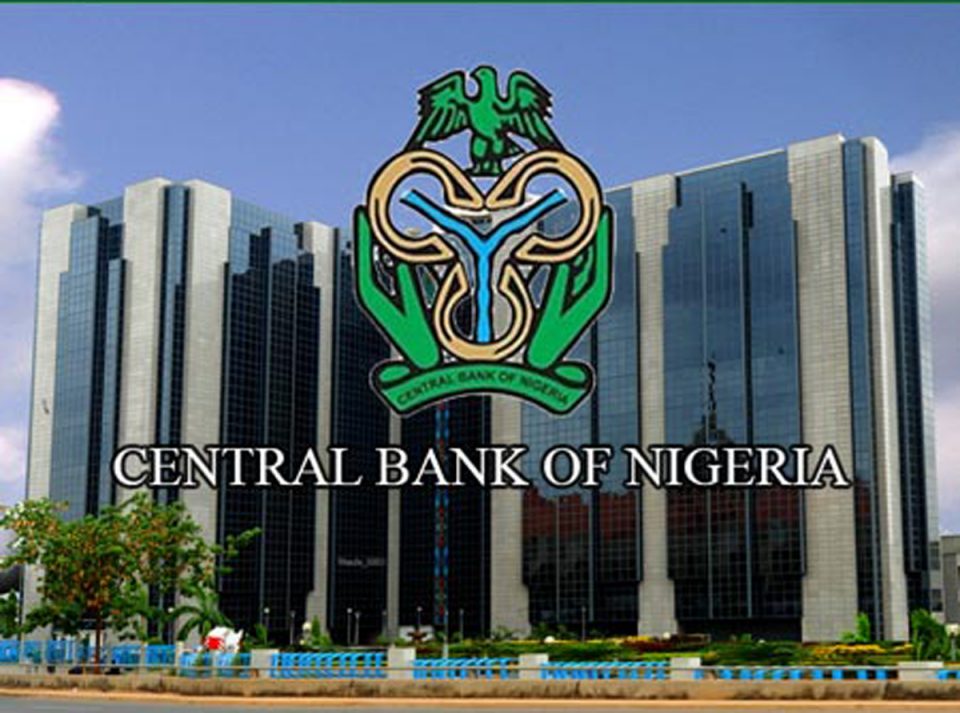The cost of borrowing has continued to rise, while growth in the banking industry is declining, according to the Central Bank of Nigeria.
In the personal statement made by the Deputy Governor, Financial System Stability Directorate, CBN, Aishah Ahmad, at the last Monetary Policy Committee meeting which was released by the CBN, she noted that sustaining banking sector lending to critical sectors of the economy as monetary policy tightened to contain inflation remained paramount.
Ahmad said, “Given the positive correlation of market lending rates to the MPR, borrowing costs have risen, while growth in credit has slowed.
“Industry credit increased by N4.54trillion between end-April 2022 and 2023 with significant portions of the credit granted to output elastic sectors (manufacturing, general commerce, agriculture, information and communication), and has been in an upward trajectory since 2019, yet the monthly trend in credit growth declined from 1.31per cent in March 2023 to 0.05 per cent in April 2023.
“Lending rates also remain high in response to the contractionary monetary policy stance. These developments point to the importance of balanced actions in the pursuit of the price stability mandate.”
At the last MPC meeting, the CBN raised the Monetary Policy Rate to 18.5 per cent from 18.0 per cent.
According to her, the CBN’s intervention loans targeted at selected industries and Small and Medium Enterprises, were currently at single digit to stabilise access to affordable finance for employment generating sectors.
This, she noted, should be positive for the macroeconomy, stimulating further output growth and positioning businesses to maintain strong cash flows, while minimising default risk and preserving financial stability.
The banking industry soundness indicators also remained strong as of April 2023, with capital adequacy ratio at 12.8 per cent, non-performing loans ratio at 4.4 per cent (from 5.3 per cent in April 2022) and liquidity ratio at 45.3 per cent (above the 30.0 per cent minimum) even as credit to the real sector continued to grow, she noted.


previous post


